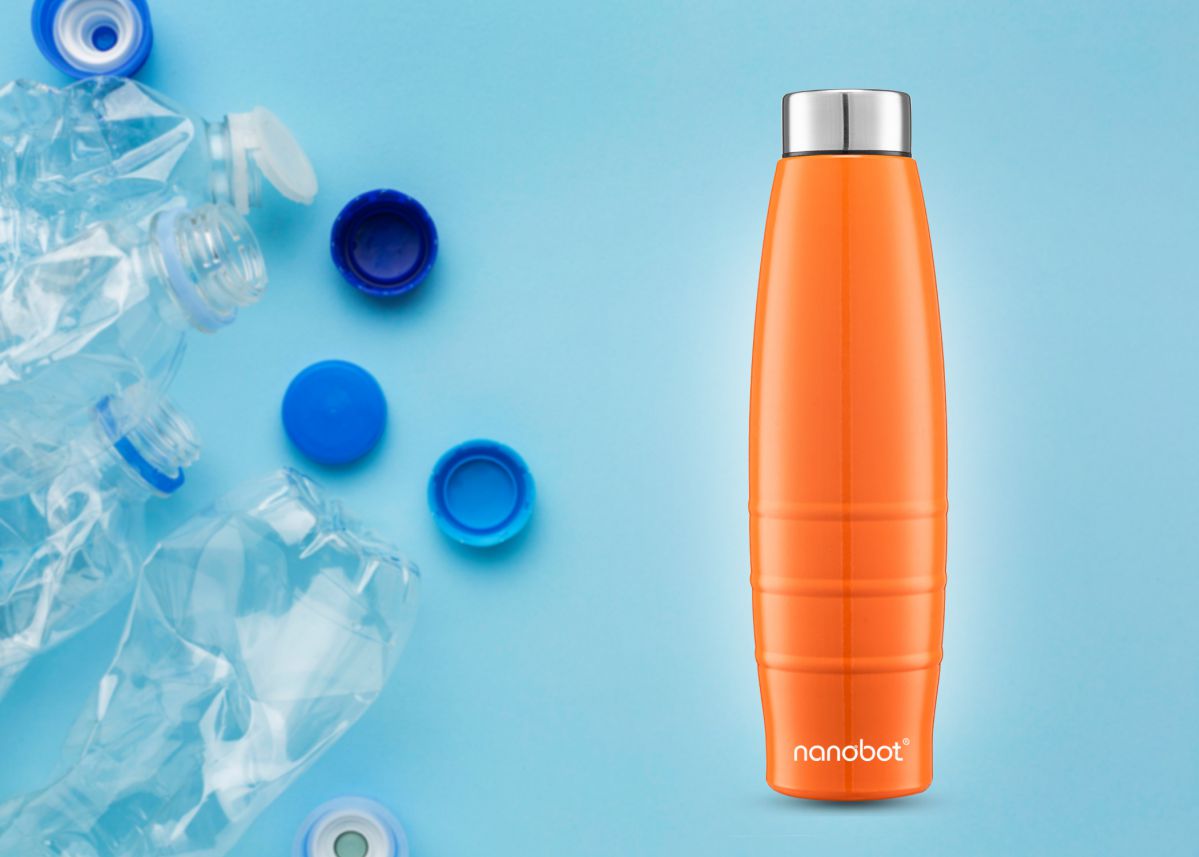Plastic bottles are everywhere. They are a convenient and accessible way to carry liquids, but what is the cost of their convenience? What hidden costs do we pay when we drink from plastic bottles? Let’s take a closer look at the potential negative impacts on society of making and using plastic bottles.
Negative Impacts on Society of Making and Using Plastic Bottles
Environmental Impact
It takes up to 17 million barrels of oil annually to produce all the plastic water bottles used in the United States alone. That’s enough oil to fuel 1.3 million cars for an entire year! And that’s just for production. Once those plastic bottles have been used, only about 25% get recycled; the other 75% end up in landfills or worse, the ocean, where it can take hundreds of years to decompose, polluting our environment and killing marine life along the way.
- Plastic bottles are a major source of pollution.
Each year, millions of tons of plastic are produced, and a large portion of that ends up in our oceans. Plastic bottles are one of the biggest sources of this pollution, as they often end up as litter. This litter can harm marine life, and it can also end up in the food we eat.
- Plastic bottles take centuries to degrade.
While steel, paper and glass bottles will degrade over time, plastic bottles can take centuries to break down. This means that the pollution they cause will last for a very long time.
- Plastic bottles are made from fossil fuels.
Plastic is made from petroleum, which is a non-renewable resource. This means that making plastic bottles is contributing to climate change and the depletion of our natural resources.

Health Impact
The health effects from exposure to toxic chemicals from plastic water bottle use can be devastating. These chemicals leach into our water supply after being heated up. Bisphenol A (BPA) is one such chemical that has been linked to cancer, infertility, diabetes and more. In addition, many plastics contain phthalates which can lead to reproductive complications such as hormone disruption and birth defects.
- Plastic bottles contain harmful chemicals.
Many plastics contain harmful chemicals, such as BPA and phthalates. These chemicals can leach into the water or food that is stored in the bottle, and they can be harmful to our health.
Economic Impact
While buying plastic water bottles may seem like a good idea in terms of convenience. The cost of bottled water adds up quickly, while tap water costs significantly less. Not only is buying plastic bottles expensive, but also consider also how much money companies make by selling them in single-use containers that contribute so heavily to pollution and human health risks – while they pass on most of those costs onto consumers!
Conclusion: The negative impacts society faces due to making and using plastic bottles cannot be overstated; these include environmental pollution caused by manufacturing processes as well as disposal issues, health implications due to exposure to toxins found in some plastics, and economic costs associated with purchasing plastic bottle for convenience’s sake.
By taking steps towards reducing our reliance on single-use plastics wherever possible through using reusable containers made out of alternative materials such as glass or stainless steel ( such as Nanobot bottles), we can help ensure a healthier future for ourselves, our planet’s ecosystems, and generations yet unborn!


